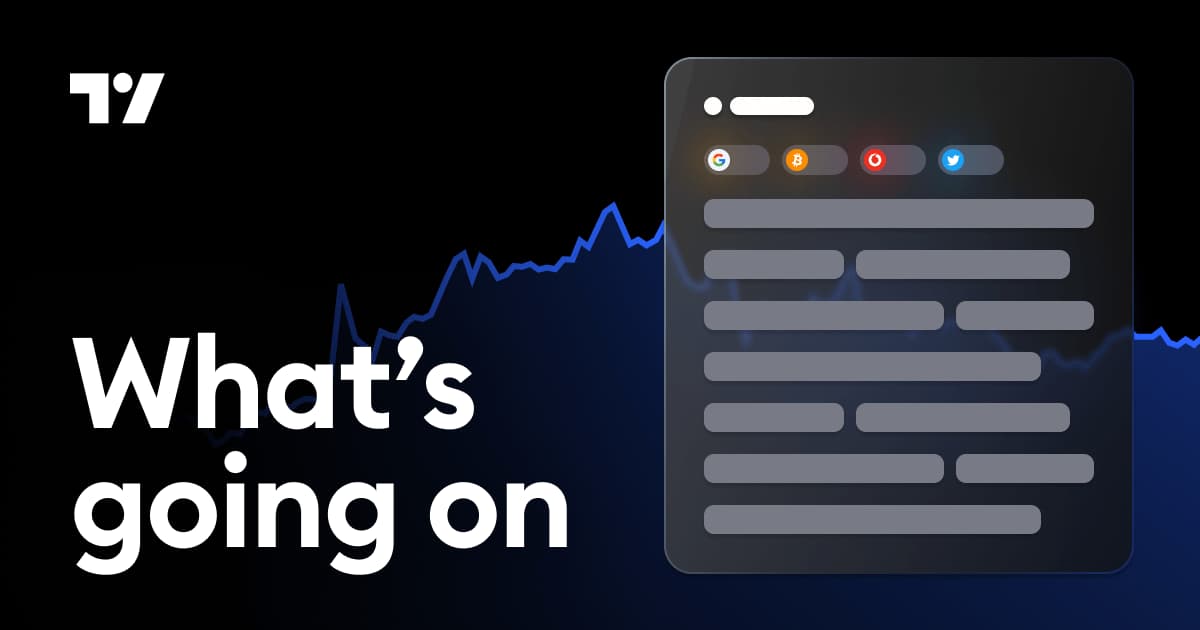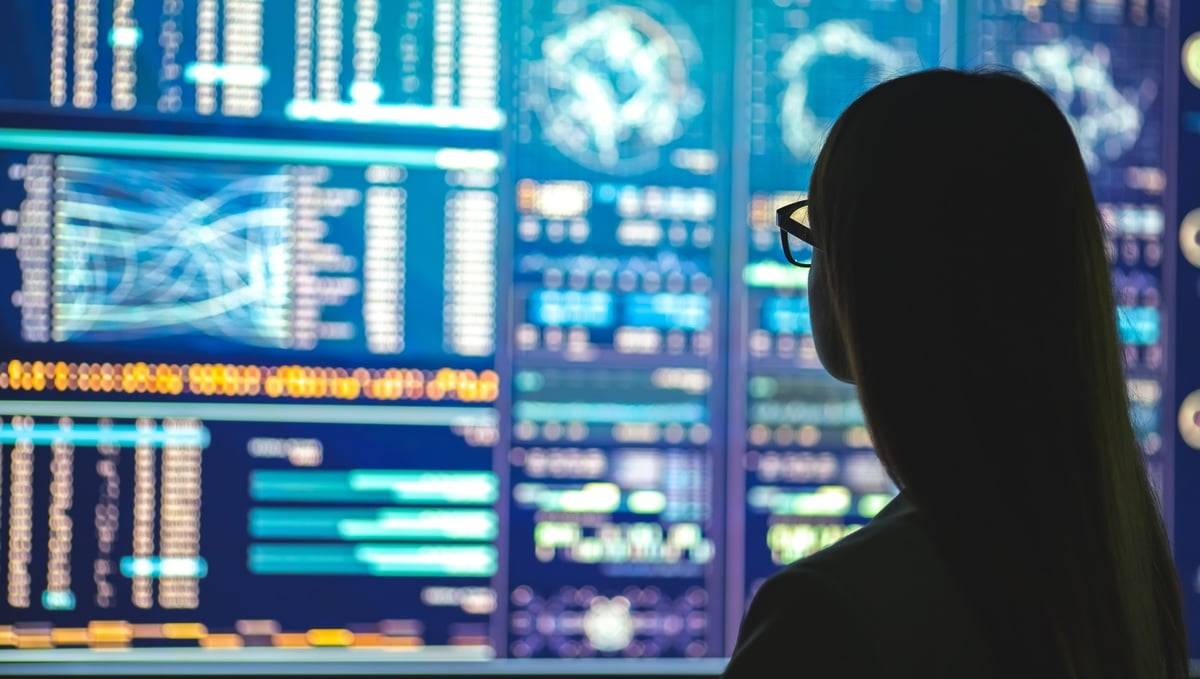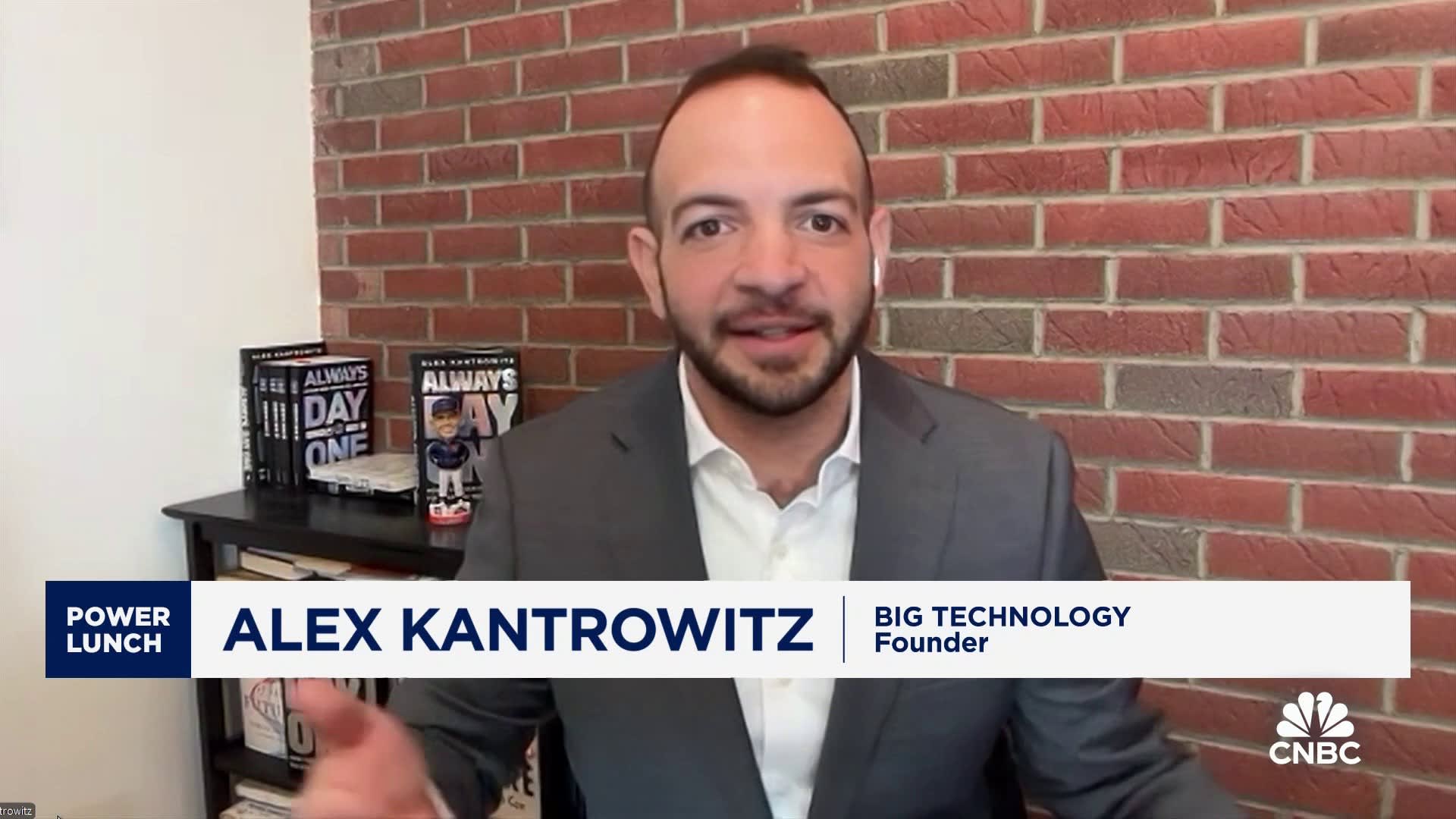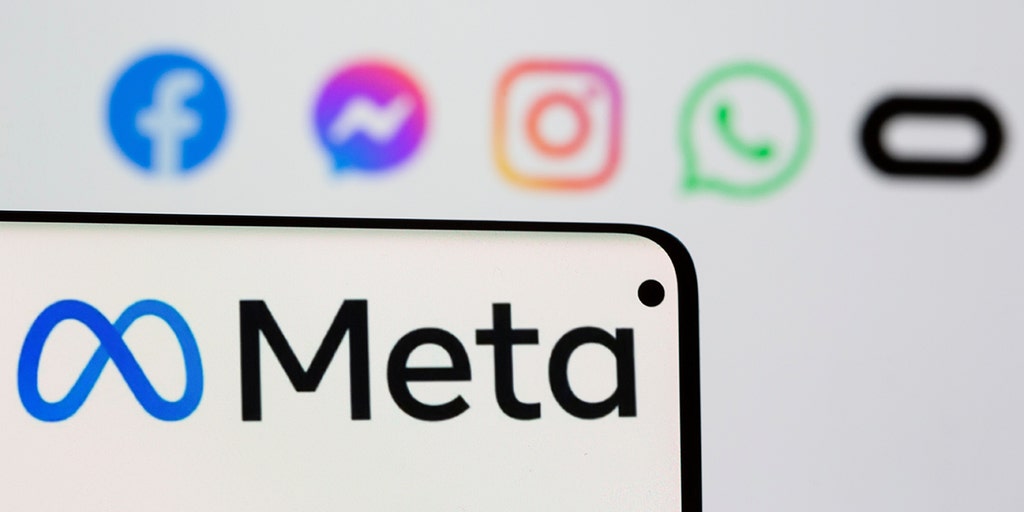At the forefront of technological innovation, companies like Atua AI are integrating artificial intelligence and blockchain to revolutionize financial automation. Atua AI’s recent enhancement of its integration with Ripple’s XRP cryptocurrency signifies a significant leap in this direction. By leveraging XRP’s fast and low-cost infrastructure, Atua AI enables enterprises to execute on-chain financial tasks more efficiently, including automated invoicing and payment triggers.
This integration aligns with Atua AI’s mission to deliver scalable and secure AI-driven solutions for decentralized enterprises. The use of XRP as a transaction medium enhances Atua AI’s ability to support DeFi and enterprise-grade AI solutions, making cross-border payments smoother and more cost-effective. For instance, XRP’s low transaction fees and high-speed capabilities allow businesses to conduct seamless financial workflows without incurring significant operational costs.
Beyond the financial sector, the convergence of AI and blockchain technology has broader implications. It underscores a trend where emerging technologies are increasingly intertwined, influencing how businesses operate and how societies evolve. Platforms like Incite AI demonstrate how AI can be used to analyze and predict cryptocurrency trends, such as XRP’s price fluctuations, providing traders with real-time insights essential for navigating volatile markets.
Ripple itself has also been investing in AI integrations, enhancing the XRP Ledger to incorporate AI-driven analytics. This strategic move aims to improve transaction efficiency, security, and analytics, marking a significant step towards making blockchain technology more scalable and accessible. Additionally, XRPTurbo‘s introduction of AI agents on the XRP Ledger further expands the blockchain’s utility, enabling decentralized applications to tap into AI automation for tasks ranging from market analysis to smart contract executions.
As AI and blockchain continue to interplay, it’s critical to consider the ethical, economic, and societal impacts. For instance, while AI-enhanced financial automation increases efficiency, it also raises questions about job displacement and data privacy. Similarly, the integration of AI into blockchain networks could lead to more intelligent decision-making but also heightens concerns about bias in AI algorithms.
Looking ahead, the fusion of AI and blockchain is poised to transform numerous sectors, from finance to healthcare. However, challenges will arise, particularly around regulation and ethical governance. As technologies advance, it’s crucial for stakeholders to engage in open discussions about their potential benefits and risks. For instance, policymakers will need to address the legal implications of AI-driven financial transactions, ensuring they align with current regulatory frameworks while fostering innovation.
Ultimately, the future of AI and blockchain integration holds immense promise but also demands careful consideration. As these technologies continue to evolve, it will be essential to strike a balance between innovation and responsibility, ensuring that their impact is both transformative and ethical. For more insights on emerging technologies and their societal implications, visit Epochedge news.










